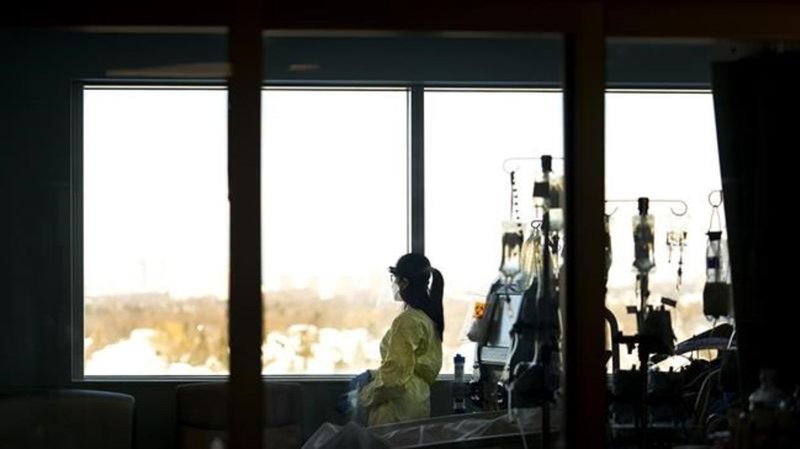
Health ministers meeting, Emergencies Act inquiry continues : In The News for Nov. 7
In The News is a roundup of stories from The Canadian Press designed to kickstart your day. Here is what’s on the radar of our editors for the morning of Nov. 7 …
What we are watching in Canada …
Canada’s health ministers are set to meet in British Columbia this week, four months after premiers from across the country gathered in Victoria to show a united front of frustration over what they called a “crumbling” health-care system.
All 13 provincial and territorial health ministers are expected to meet with their federal counterpart, Jean-Yves Duclos, today and tomorrow in Vancouver.
